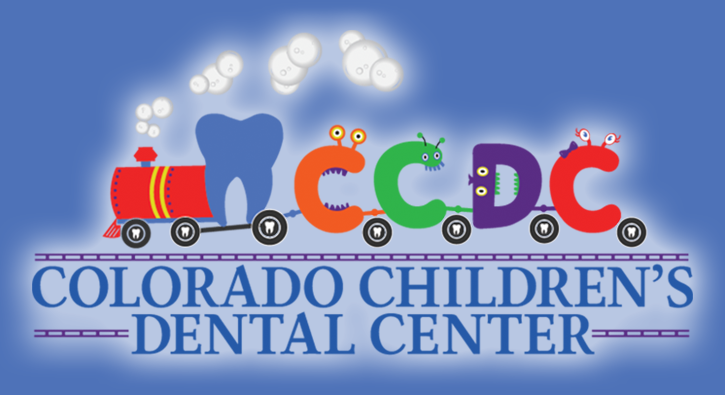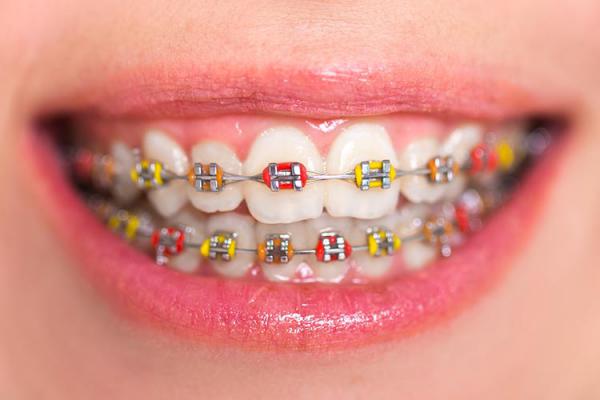The CCDC Blog
Kids and Coffee
By Brianne Jones, RDH
Kids and Coffee!
Coffee is often found in the hands of children these days. Although Frappuccinos can be caffeine free, they are NOT sugar free! Would you be willing to just give your child 19 packets of sugar?! Probably not. Sugar is notoriously destructive to teeth and is often a leading cause of tooth decay, so think #healthy and think twice before letting your kiddos enjoy those yummy drinks on a regular basis!
Colorado Children's Dental Center
Keeping Kids Teeth on the Healthy Track!
Serving the Parker, Aurora, Highlands Ranch and Centennial Community!Â
Â
Â
Wisdom on Wisdom Teeth
When and Why?!
By Brianne Jones, RDH
The "ins" and "outs" of Wisdom Teeth
A few people are born without wisdom teeth (those BIG teeth in the way back). Others have enough room in their mouths for the teeth. But many of us, get our wisdom teeth taken out as young adults. Many of us are first alerted to the problem when our wisdom teeth can't come in all the way.
If that happens, part of the tooth may be covered by a flap of gum. Bits of food and bacteria can get trapped under the flap. This can cause swelling and a low-grade infection called pericoronitis. This usually happens with lower wisdom teeth. Pericoronitis, and the pain it causes, are the most common reasons people need wisdom teeth taken out.
There are other reasons to have your wisdom teeth removed.
In many people, the wisdom teeth are blocked from coming in, usually by bone or other teeth. Sometimes the teeth are tilted under the gum. Dentists call these "impacted" teeth.
They may cause pain, but not always. You may feel nothing at all for years. You may not even be aware that you have wisdom teeth until your dentist sees them on an X-ray.
Regular dental visits are important during your teens and early 20s. If you visit your dentist regularly, he or she can use X-rays to follow the progress of your wisdom teeth. Any problems will be seen early. Dr. Jones will evaluate if your child needs to be seen by an oral surgeon and will help determine if the wisdom teeth are there and need to be removed.
Even if your wisdom teeth aren't causing any pain or other problems, they may cause problems at some point. The most common problems are decay, infection and crowding or damage to other teeth. Teeth next to the wisdom teeth are more prone to developing gum problems.
But more serious complications can occur. Some people develop fluid-filled growths called cysts. These can cause permanent damage to bone, teeth and nerves. In rare cases, other tumors may develop as well.
Not all wisdom teeth need to be removed. But if there's a chance your wisdom teeth will cause problems, it's easier to take them out when you're young. That's because the roots of the teeth are not fully developed yet, and the bone around the teeth is less dense. Younger people also heal faster than older ones. As you age, it will take longer to recover from the surgery.
www.ccdcsmiles.com
www.colgate.com
What Does a First Visit Look Like?!
Your First Trip to CCDC
By Brianne Jones, RDH
Your First Trip to CCDC
When you arrive for your first dental visit, you and your child will be greeted warmly. If you have dental insurance, please bring that information with you so that our staff may assist in filing an electronic claim for you. We have some new patient forms on our website that you may fill out and bring with you to this appointment, or you may fill these forms out here at our office once you arrive.
Your child’s first visit will begin with a friendly, caring introduction to our dental home; where lifelong relationships begin. During the visit we will discuss topics such as homecare instruction, nutrition counseling, growth & development evaluation, orthodontic evaluation as well as a comprehensive examination to identify any potential dental concerns.
You are always welcome to accompany your child at all times during your visits to our office.
The American Academy of Pediatrics and The American Academy of Pediatric Dentistry both recommend that a child’s first dental visit be scheduled by his/her 1st birthday. This first visit establishes a positive relationship between the dentist, the child and the parent that will last through adolescence. Let your child know we encourage them to discuss any fear or anxiety that they are experiencing. You may also let your child know that the doctor and staff will explain everything in detail and answer any questions he/she might have.
Orthodontic Treatment
Does My Child Need Them
By Dr. Marc Jones
Orthodontic Treatment
Â
Developing malocclusions, or bad bites, can be recognized as early as 2-3 years of age. Often, early steps can be taken to reduce the need for major orthodontic treatment at a later age.
Stage I – Early Treatment: This period of treatment encompasses ages 2 to 6 years. At this young age, we are concerned with underdeveloped dental arches, the premature loss of primary teeth, and harmful habits such as finger or thumb sucking. Treatment initiated in this stage of development is often very successful and many times, though not always, can eliminate the need for future orthodontic/orthopedic treatment.
Stage II – Mixed Dentition: This period covers the ages of 6 to 12 years, with the eruption of the permanent incisor (front) teeth and 6 year molars. Treatment concerns deal with jaw malrelationships and dental realignment problems. This is an excellent stage to start treatment, when indicated, as your child’s hard and soft tissues are usually very responsive to orthodontic or orthopedic forces.
Stage III – Adolescent Dentition: This stage deals with the permanent teeth and the development of the final bite relationship.
***If you have orthodontic concerns about your child, please call our office and schedule an appointment with the doctor.
Dental Statistics
Did You Know...
By Brianne Jones, RDH
Click on the link below (or copy and paste)Â to read some VERY interesting stats on pediatric dentistry!
http://mouthmonsters.mychildrensteeth.org/stats-on-little-teeth/





